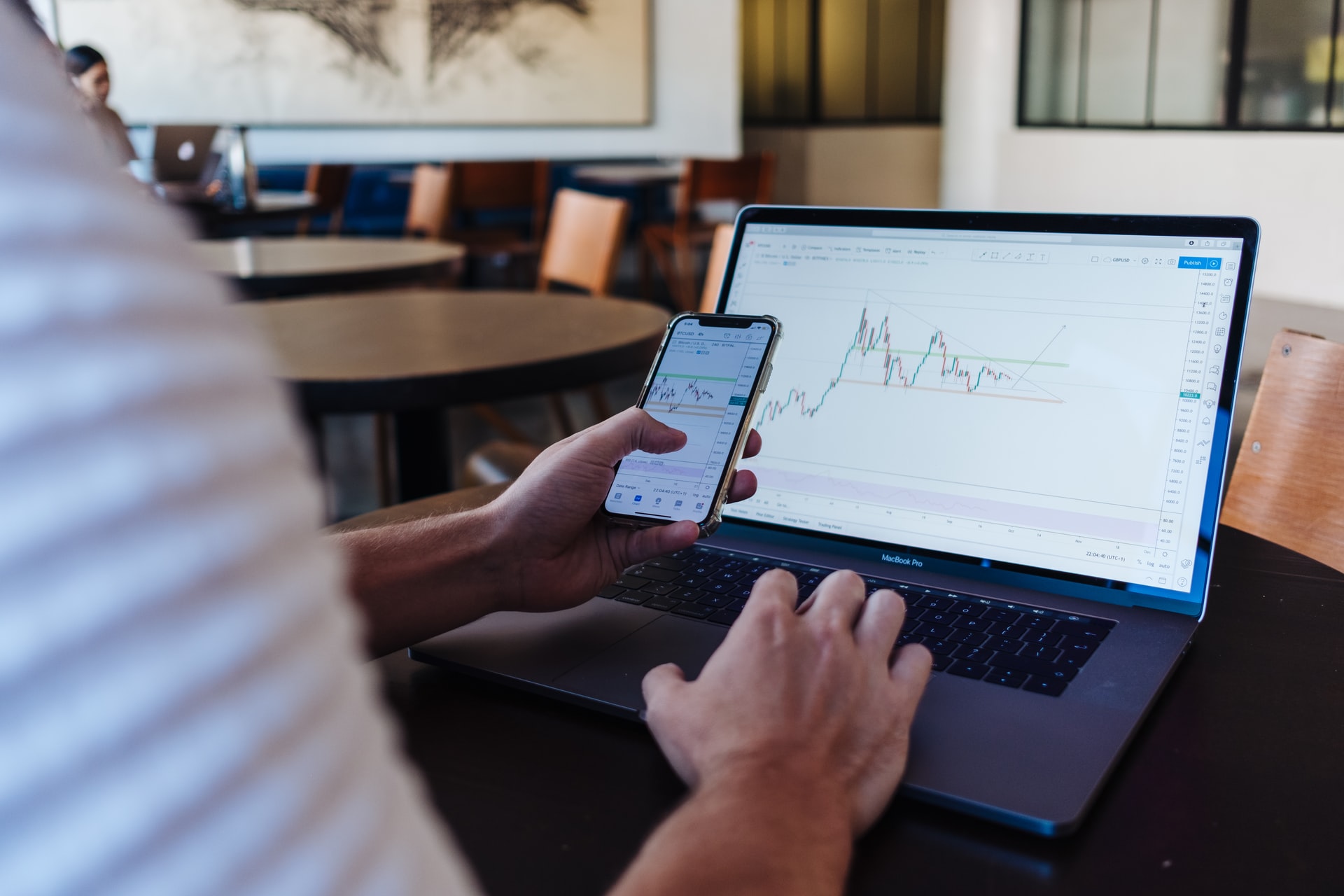
Owning a home is most people’s dream. However, it can quickly turn into a nightmare if you buy a house before you’re ready. Don’t let emotions or other people’s opinions dictate your decision-making. To do it right, you have to be prepared, and the numbers have to be right. Before buying a house, the most important thing to consider is whether you can afford it.
Can you afford a house? Consider the following:

In This Article
1. You have a stable income.
To qualify for a mortgage loan, you have to have a secure job.
With the COVID-19 pandemic, the economic situation is challenging, and a stable income has become more important than ever.
Lenders will want to be sure that you can afford to make your mortgage payments for the loan duration. They’ll ask to see a consistent salary for the last two years.
For self-employed persons, be prepared to show two years of tax returns.
2. You have a handle on your debt.
Do you have any debt? Student loan, car payments, or credit card payments?
The next thing to do is to consider whether you have a healthy debt-to-income ratio (DTI). This will reveal whether you have enough left to make your monthly mortgage payments.
To calculate your DTI, add all your monthly debt payments and divide it by your monthly net income.
Different lenders will have varying requirements. However, a healthy DTI is anything less than 43%. But remember, the lower your DTI, the higher your chances of getting approved for a mortgage.
Therefore, it’s a good idea to pay down some of your debt before taking up a mortgage. You’ll sleep better at night.
3. You can afford the cost of a mortgage.
This might seem obvious but is an essential factor to consider.
It’s necessary to think about your long-term mortgage payments as well as the short-term payments. Make sure you can afford your mortgage payments even when mortgage rates go up in the future.
It’s highly recommended to take a fixed-rate mortgage. This way, your monthly payments are guaranteed to remain the same throughout your loan period. Consequently, you can make a consistent budget and be able to predict whether you will be able to afford your monthly payments in the future.
An adjustable-rate mortgage, on the other hand, is risky. You might be able to afford your monthly payment now, but that might not be the case when mortgage rates rise in the future. This can lead to losing your entire home and equity to foreclosure.
In addition to your mortgage, owning a home comes with additional costs such as property taxes, home insurance, utilities, HOA fees, and others.
To get an estimate of your monthly payments, check out this mortgage calculator.
4. You have a good credit score.
In the US, lenders always check credit scores to determine a borrower’s risk and eligibility. A good credit score is between 670 and 740.
Having a good credit score is probably the most important thing after a steady income. Your credit score will affect your interest rate and mortgage insurance.
Before starting your home buying process, check both your credit card report and credit score. If you have a low credit score, you might want to improve it. Make your credit card payments on time each month or pay down your debt.
Also, avoid applying for new loans.
5. You have a decent amount in savings
Lenders will require that you have 20% of the purchase price saved up for a downpayment. It’s, nonetheless, possible to put down as little as 3.5% with an FHA loan. But you have to find out if you qualify for an FHA.
In addition to a downpayment, you’ll also need money to cover the closing costs. Closing costs typically amount to about 2% to 5% of the purchase price.
Conclusion: Are you ready to buy a house?
The decision to buy a home is not an easy one. It requires a long-term commitment both financially and to the location of the house.
If you have a stable job, a good credit score, and a low DTI ratio, then you’re very well ready to start saving for a house.
If you already have enough savings for a downpayment and closing costs and can afford the monthly costs of owning a home, then you can go ahead and start the buying process.
Contact your lender to get pre-approved for a loan, and then start looking for your dream home.
All the best!
- Read more: Should I buy a house now or wait?

















